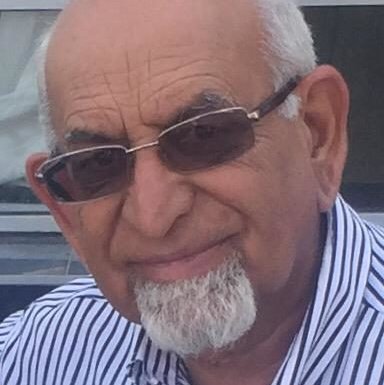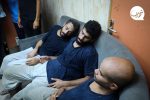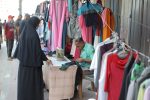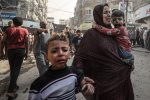Although dubbed as a mighty legal battle waged by South Africa at the International Court of Justice (ICJ) against Israel’s so-called “War on Hamas”, some apologists for the Zionist entity repeated ad nauseum that the case was a futile exercise and a waste of time. To their dismay, though, the court upheld South Africa’s request and ordered Israel to take all steps to prevent genocidal acts in Gaza.
Between then and now, all evidence points to the fact that not only has Israel disregarded the order, but it has also blatantly shown the ICJ its middle finger by intensifying its murderous campaign against the Palestinians.
Because of this flagrant violation of the ICJ ruling, the Geneva-based Euro-Med Human Rights Monitor has called on member states of the ICJ to cut off all forms of political, military and economic relations with Israel.
In an important exercise over the course of the four weeks since the ICJ decision, and as part of monitoring South Africa’s lawsuit against Israel for violating its obligations under the Genocide Convention, the rights organization has documented ongoing Israeli violations since 7 October 2023.
“Six fundamental indicators were used by Euro-Med Monitor to track Israel’s level of compliance with the ICJ ruling,” explained the organization. “Mass killing; causing serious physical or mental harm; imposing living conditions meant to purposefully cause material destruction and starvation; obstructing the delivery of humanitarian supplies; imposing an environment meant to prevent childbirth; and public incitement to continue committing genocide.”
The result of Euro-Med Monitor’s research demonstrates that from the evidence examined, Benjamin Netanyahu’s supposedly “most moral army in the world” is still carrying out genocide against the Palestinian people in the Gaza Strip. The persistent violation of international law and the Geneva Convention displays utter contempt for the highest court of justice, and has led more than fifty countries to make oral submissions to the ICJ on the illegality of Occupation, Settlements and Apartheid. Israel, of course, has been adjudged to have crossed the threshold of apartheid by a number of human rights groups, including B’Tselem, Human Rights Watch and Amnesty International.
Although such submissions are distinct from South Africa’s genocide case, they point to widespread global outrage at Israel’s arrogance. What’s more, it is indeed unprecedented for so many countries to emerge — one after another — and make formidably fearless legal arguments as to why the ICJ should hold Israel accountable.
However, the first important test that these countries have to pass is one of integrity. The second crucial test rests on whether they are committed to act on their strong concerns.
Euro-Med Monitor reminds us that the period since the ICJ ruled for a halt to the genocide, the Israel Occupation Forces have “killed over 3,847 Palestinians, including 1,306 children and 807 women, and wounded approximately 5,119 people. This brings the total number of Palestinians killed since 7 October to 38,067, including 14,350 children and 8,620 women.” At least 8,000 people are still buried beneath the rubble of their homes or on the streets. Furthermore, the genocidal killings continue despite the prohibition imposed by the ICJ.
It’s a pattern all too familiar to the Palestinians, who argue correctly that while denunciation is necessary, unless consequences are imposed via concrete steps, the Zionist entity will remain defiant. The necessary actionable steps as recommended by Euro-Med Monitor, with which Media Review Network concurs, include cutting off all political, economic and, most importantly, military ties with the apartheid, occupation state.
Unless such measures are undertaken, the settler-colonial entity will regard it as a license to carry on with its genocide against the Palestinian people.
It is important to note that 30 UN experts have demanded an immediate halt to arms exports to Israel. “Any transfer of weapons or ammunition to Israel that would be used in Gaza is likely to violate international humanitarian law and must cease immediately,” they pointed out. “Such transfers are prohibited even if the exporting State does not intend the arms to be used in violation of the law – or does not know with certainty that they would be used in such a way – as long as there is a clear risk.”
Referring to the ICJ decision, the UN experts rightly conclude that the need for an arms embargo on Israel is heightened by the court’s ruling on 26 January that there is a plausible risk of genocide in Gaza, and the continuing serious harm to civilians since then.
Far from “normalizing” with Genocidal Israel, as some Arab despots are inclined to do, solidarity with Palestine’s freedom struggle requires a comprehensive boycott and effective embargo of the apartheid regime, including an arms embargo. This is crucial if the ICJ ruling is to have any credibility.
-Iqbal Jassat is an Executive Member of Media Review Network, Johannesburg, South Africa. His article appeared in MEMO.











